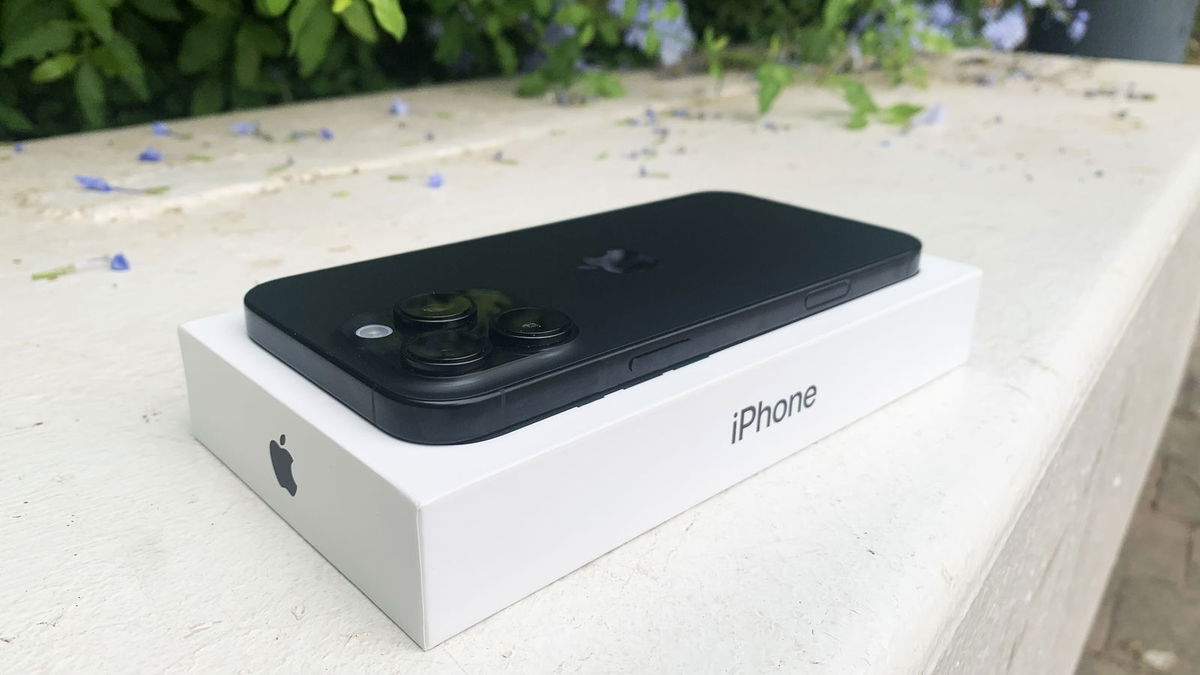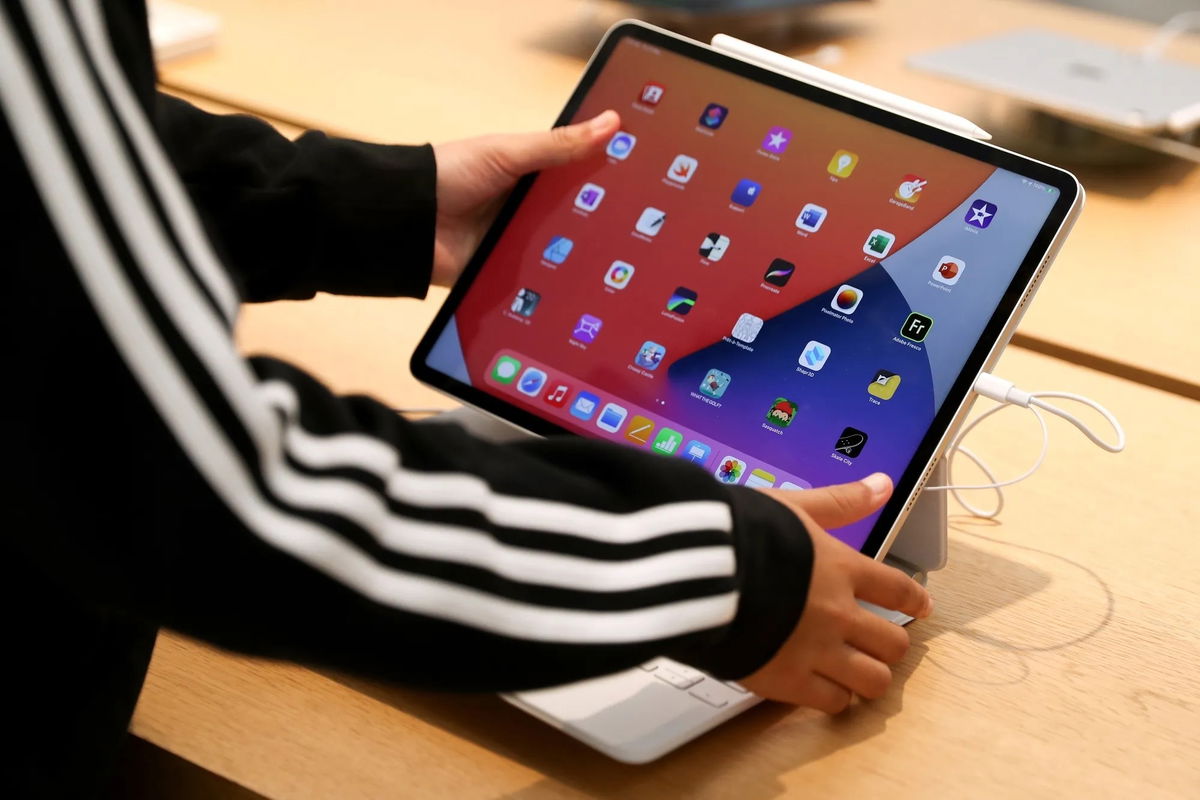The most popular mobile operators in Russia participated in the Markswebb study based on Yandex queries and the number of installs on Google Play Market.
1. “Straight Line”
According to Markswebb experts, the operator application has no notable weaknesses. The most successful solutions experts consider the functions of control of tariffs and communication services, management of communication services and numbers of loved ones and the possibility of communication management in roaming (the application adapts to the country of residence, shows the balance of the package, there are a rapid transition to service management).
like growth points the ability to find out the number in the pre-login zone, change the number through the application, reissue a SIM card and reissue a SIM card is indicated.
2. “Megaphone”
The operator app provides a high-quality customer experience for most user tasks. of the benefits Markswebb noted the control of expenses and payment of mobile communications, detailed information about the capabilities of the application through situational onboarding, as well as the convenient change of personal data, there is a warning about the procedure for renewing a passport for non-resident clients.
of the shortcomings the absence of a separate function for blocking, replacing a SIM card or changing a SIM to an eSIM, the inability to proceed with the registration of an eSIM from the pre-login zone and the absence of the function of entering passport data online when switching to an operator with their number are indicated.
3.Tele2
boss advantage is that only the fully digital Tele2 application allows you to block and reissue a SIM card, as well as switch to an eSIM. The order is optimized: you can specify passport data online, which reduces the time it takes to receive a card at a branch or from a courier service.
With respect to deficiencies inferior to other operators of the “four” in terms of convenience of individual tasks. In particular, it is not available to update or change passport data, there is no search and filters in the list of transactions and expenses, the exact time of transactions is not indicated, roaming expenses are not assigned to a separate category, no there is a transition to buying a mobile device, financial or insurance products cannot be issued.
4.MTS
of strengths he noted the ability to customize the order in which items are displayed on the home screen and to set a profile picture. It is a unique implementation in the market. You can also control the location of additional services on the home screen. Basic product information settings are not available.
of weaknesses applications have highlighted the lack of the ability to change or issue an additional number in the application, as well as the fact that in the pre-login zone there is no transition to activate the SIM card, you cannot find your own number phone.
5-7. OMV
In this segment, the functionality of SberMobile, Tinkoff Mobile and Yota was investigated.
SberMobile
The functional leader of the cluster. Extensive login settings, change of personal data, management of other numbers. There is not enough order for a SIM card, registration of an additional number from the previous login and an authorized zone.
“Tinkoff Mobile”
The most developed support among all study participants. Advanced cost control, comfortable communications management and registration of a new SIM card, change and purchase of a number. A minimum of additional features.
Yota
In basic tasks – at the level of other MVNOs. It is distinguished by ease of navigation: there is a search by sections, which is not offered by other cluster applications.
8. Rostelecom
The last in the rating was Rostelecom, its application mainly provides services for managing telecommunication services for the home. Cellular communications management tasks are not fully resolved. There are no opportunities to become a customer in the application, order new products, manage a SIM card.
market review
The structure of the estimates by groups of user tasks indicates a heterogeneous state of the market and the presence of various groups of applications. They differ both in functional content and in the quality of individual implementations.
Telecom operators have room for functional development and improving the quality of customer experience in applications, experts say. Median market scores for most task groups are below 70 points.
The quality of the digital customer experience is heterogeneous: for the same task, the level of digitization of different operators is radically different. There are no tasks where a single approach can be traced to solve.
Basic communication management tasks are the most stable area of the customer experience, where all apps provide similar capabilities. The average estimates of management of communication services, control of rates and costs are above 50%, the dispersion of values in them is less.
“Big Four”
Beeline, Megafon, Tele2 and MTS applications provide a close level of customer experience in basic tasks. There is great competition in the group of leaders, services are developing in similar directions.

MVNO applications
Yota, Tinkoff Mobile and SberMobile applications focus on the convenience of the flagship service – mobile communications. They are visually simple, with only the necessary features in the interface, providing a high level of digital customer experience. MVNO services are inferior to the “big four” in terms of most additional features. Growing points are different for each application.
prospects
In an environment where most applications cover the basic needs of users in much the same way, personalization is of particular importance. Now traders are more likely to experiment with it, but not use its full potential, there is no single approach on the market.
Personal service can be built through the subscriber’s context: being in roaming, not having Russian citizenship, or using an archived tariff. Likewise, the priority is the growth of the digitization of the tasks associated with visiting the office: blocking and reissuing a SIM card, replacing it with an eSIM, issuing new numbers, updating personal data. Existing solutions can be optimized with digital best practices from other industries.
Author:
Natalia Gormaleva
Source: RB
I am a professional journalist and content creator with extensive experience writing for news websites. I currently work as an author at Gadget Onus, where I specialize in covering hot news topics. My written pieces have been published on some of the biggest media outlets around the world, including The Guardian and BBC News.










